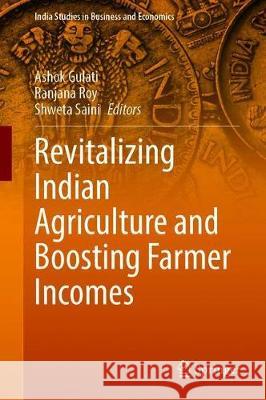Revitalizing Indian Agriculture and Boosting Farmer Incomes » książka
topmenu
Revitalizing Indian Agriculture and Boosting Farmer Incomes
ISBN-13: 9789811593345 / Angielski / Twarda / 2021 / 372 str.
Kategorie:
Kategorie BISAC:
Wydawca:
Springer
Seria wydawnicza:
Język:
Angielski
ISBN-13:
9789811593345
Rok wydania:
2021
Wydanie:
2021
Numer serii:
000459580
Ilość stron:
372
Waga:
0.72 kg
Wymiary:
23.39 x 15.6 x 2.24
Oprawa:
Twarda
Wolumenów:
01
Dodatkowe informacje:
Wydanie ilustrowane











